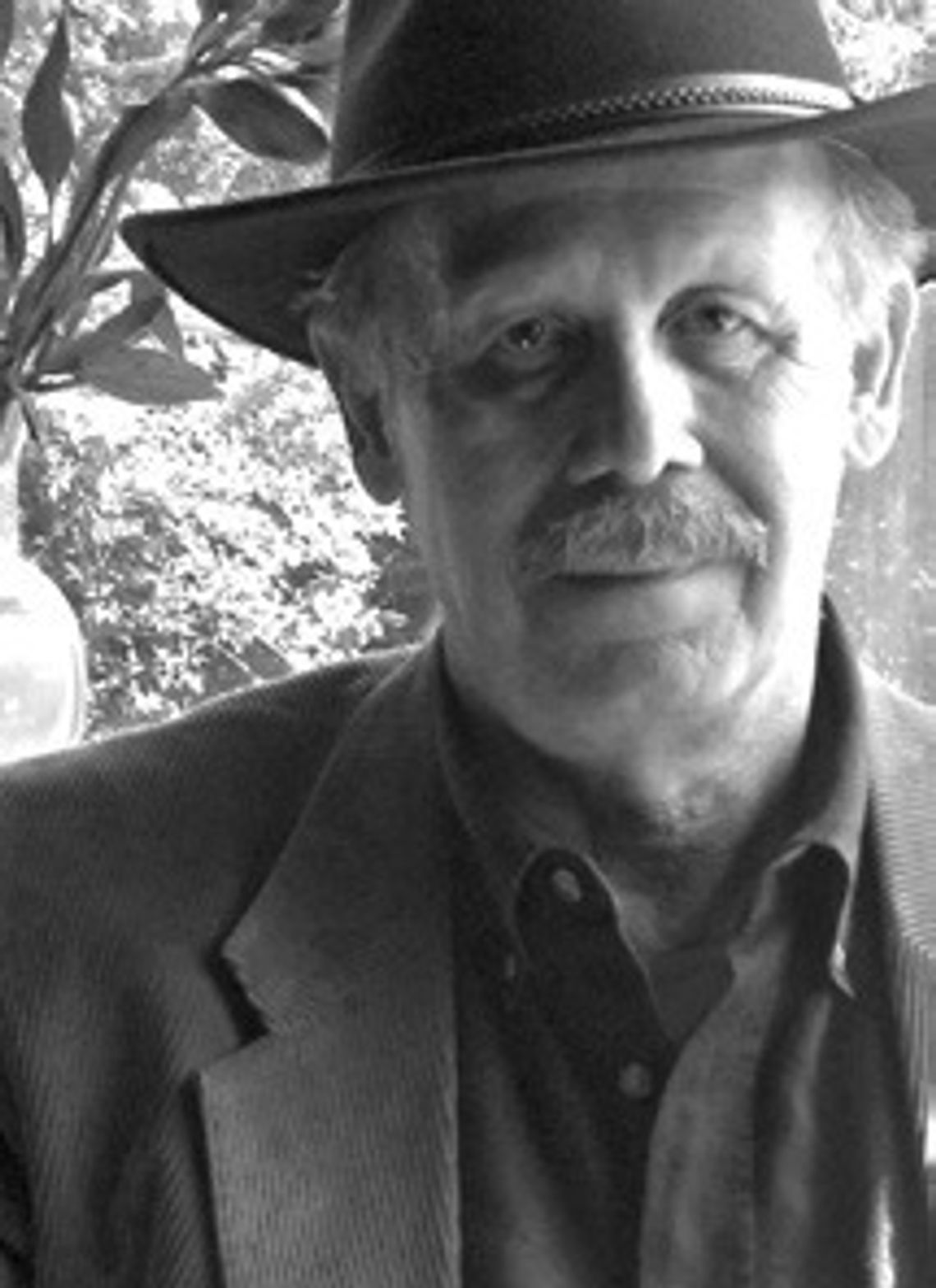“Hippo” Vaughn cursed his rotten luck on May 2, 1917, after losing the only double no-hitter in major league history.
James Leslie Vaughn grew up in Weatherford, the Texas town west of Fort Worth where he was born in 1888. And did he ever grow! To a height of six-feet five inches -- unusually tall for the turn of the century.
Determined to earn his living on a diamond, Jim Vaughn started playing baseball straight out of school. He stayed close to home for the first couple of seasons, pitching for Temple in the Texas League in 1906 and the next year splitting time between Corsicana (North Texas League) and Hot Springs (Arkansas State League).
In 1908, five years before changing their name to the Yankees, the New York Highlanders called up the strong-arm southpaw. But the youngster was not quite ready for prime time, and the parent club sent him down to Scranton for the rest of the season.
Another year in the Highlander farm system did the trick. With a new curveball and a change-of-pace to go along with his fastball, Vaughn was a spring-training sensation.
Manager George Stallings had such a high opinion of the lefty that he let the twenty-two year old take the mound for the first game of the 1910 campaign. Ninety-six years later, the Texan is still the youngest opening-day pitcher in Yankee history.
The rookie more than held his own that season. Although his 13-11 win-loss record was not particularly impressive, his 1.83 earned run average, 18 complete games and five shut-outs ranked among the best in the American League.
But a sophomore slump that saw Vaughn drop ten of 18 decisions and his ERA soar to 4.39, shook his confidence. When he stumbled out of the gate in 1912, losing eight of ten starts, the Yankees dropped him like a hot potato.
A four-victory rebound with Washington was not enough to keep him in the nation’s capital or the majors. But the Chicago Cubs decided to take a chance on the left-hander in July 1913, and he responded with five wins, including two shut-outs, and a 1.45 ERA.
The gypsy pitcher had found a home at last. For the next seven seasons, Vaughn was the dependable workhorse of the Cubs’ pitching corps.
His stats say it all: From 1914 through 1920, Vaughn averaged 293 innings, 40 starts, 23.5 complete games, 4.7 shut-outs and 20.4 victories against 13.3 defeats. His ERA was never higher than 2.87 and twice was below 2.00.
One of the unwritten rules of baseball is that everybody must have a nickname. Vaughn picked up his after putting a few extra pounds on his stocky frame. A smart aleck compared his peculiar walk to that of a hippopotamus, and the unflattering sobriquet stuck.
On May 2, 1917, “Hippo” Vaughn faced Cincinnati’s Fred Toney in front of 3,500 scattered spectators at the Windy City’s Weeghman Park. Both hurlers had good stuff that afternoon and totally dominated the other team’s batters.
At the end of nine innings, neither the Cubs or the Reds had a run or a hit. For the first and last time in major-league history, two pitchers had thrown no-hitters!
Many years later, “Hippo” himself gave a play-by-play of the fateful tenth inning. With one out, the Reds’ Larry Kopf smacked one of Vaughn’s deliveries “into right center” for “the first hit of the game.”
The next batter hit a fly ball to center field for the second out. “Hal Chase also hit a fly out that way. Williams got both hands on it and dropped it. Kopf got to third (on the error), and Chase reached second.”
“Indian Jim Thorpe sent a swinging bunt toward third. I knew I couldn’t get Thorpe at first, so I fielded the ball and scooped it toward the plate.
“Now, some of the writers said that Wilson (the catcher) didn’t expect the throw. The truth is that Art just went paralyzed. The ball hit him square in the chest protector and then dropped to the ground.”
The stupefied catcher stood by as Kopf scored the winning run, and Toney pitched his tenth no-hit inning to end the one-of-a-kind game.
Vaughn went on to win a career-best 23. He was even better in 1918 leading the National League in victories, earned run average, strikeouts, innings and shut-outs.
Three years later, “Hippo” was washed up in the major leagues. His record was an awful 3-10, when he gave up back-to-back home runs to the Giants on Jul. 9, 1921. The Cubs skipper sent him to the showers, and he never came back.
Vaughn knocked around the bush leagues for 16 more years, pitching for clubs like the Beloit Fairies and the Logan Squares until finally calling it quits at age 49. He retired with 401 lifetime victories (178 in the majors and 223 in the minors), one of only seven pitchers to reach the 400-win plateau.
In spite of his accomplishments, Jim Vaughn never made it to Cooperstown. What about Waco, home of the Texas Sports Hall of Fame? Nope, “Hippo” is not there either, and that is a crying shame.
–––
Save $5.00 on“Depression-Era Desperadoes,” “Texas Boomtowns,” “Murder Most Texan,” “Unforgettable Texans” and “Texas Entertainers.” Mail your check for $19.00 each to Bartee Haile, P.O. Box 130011, Spring, TX 77393.











